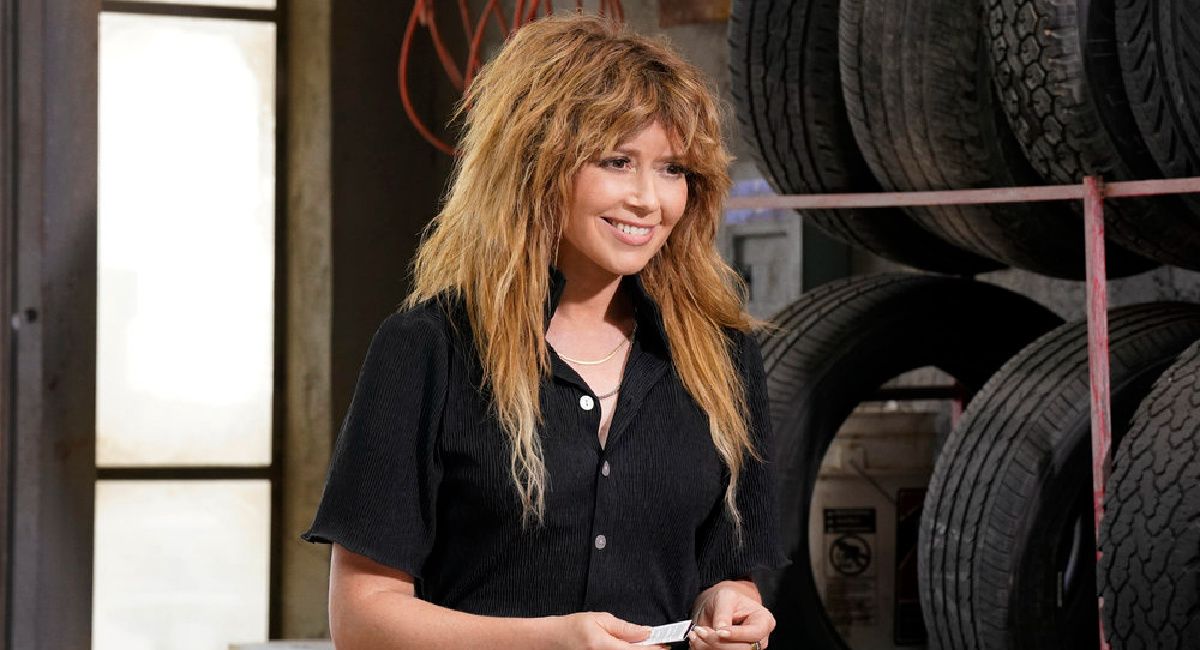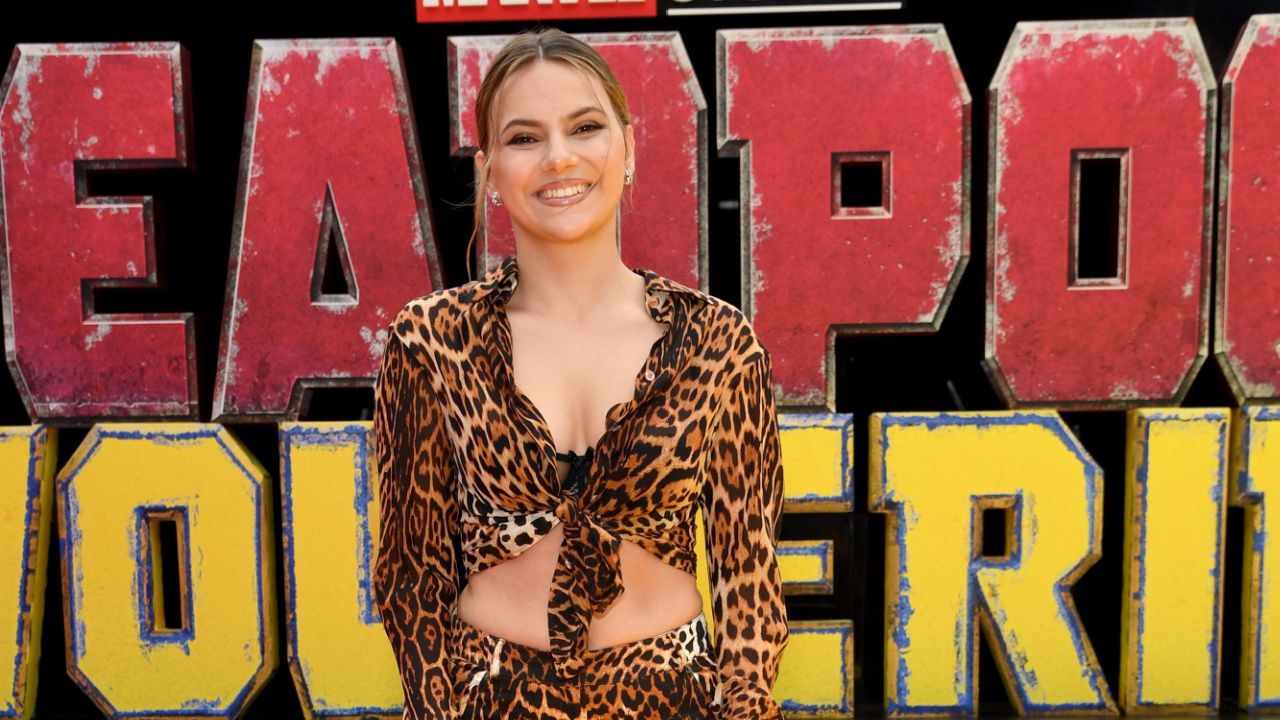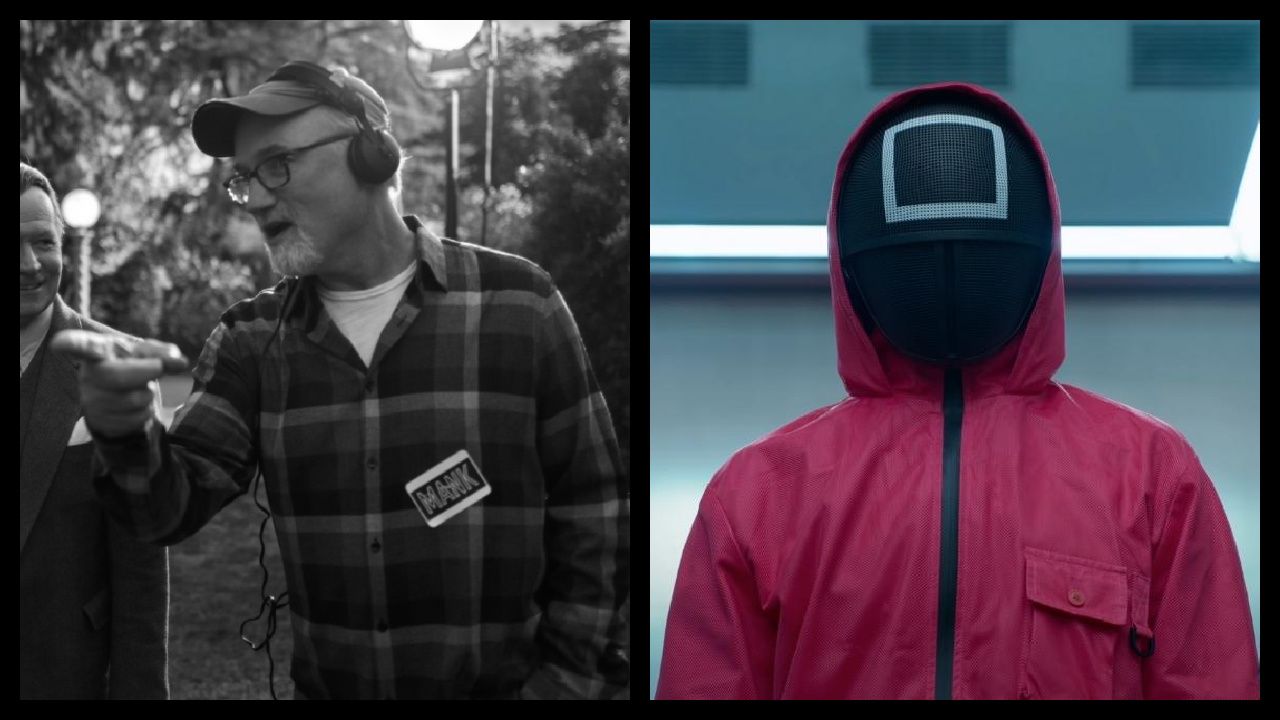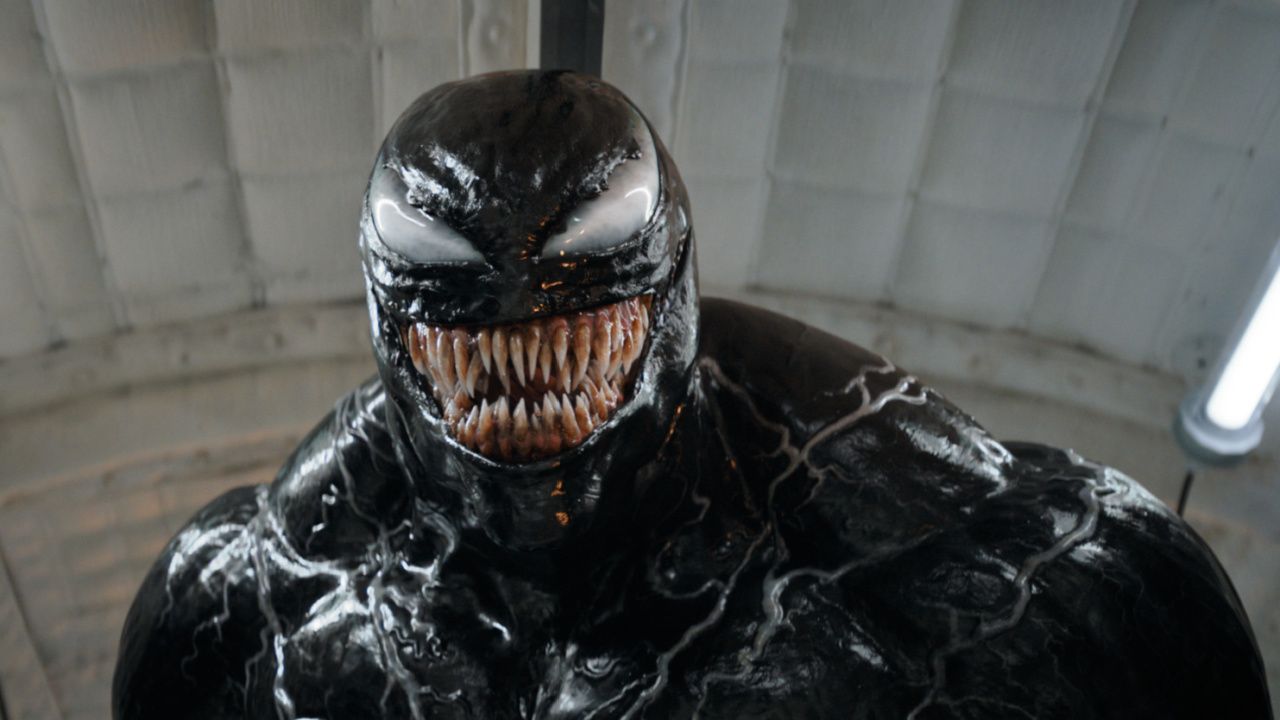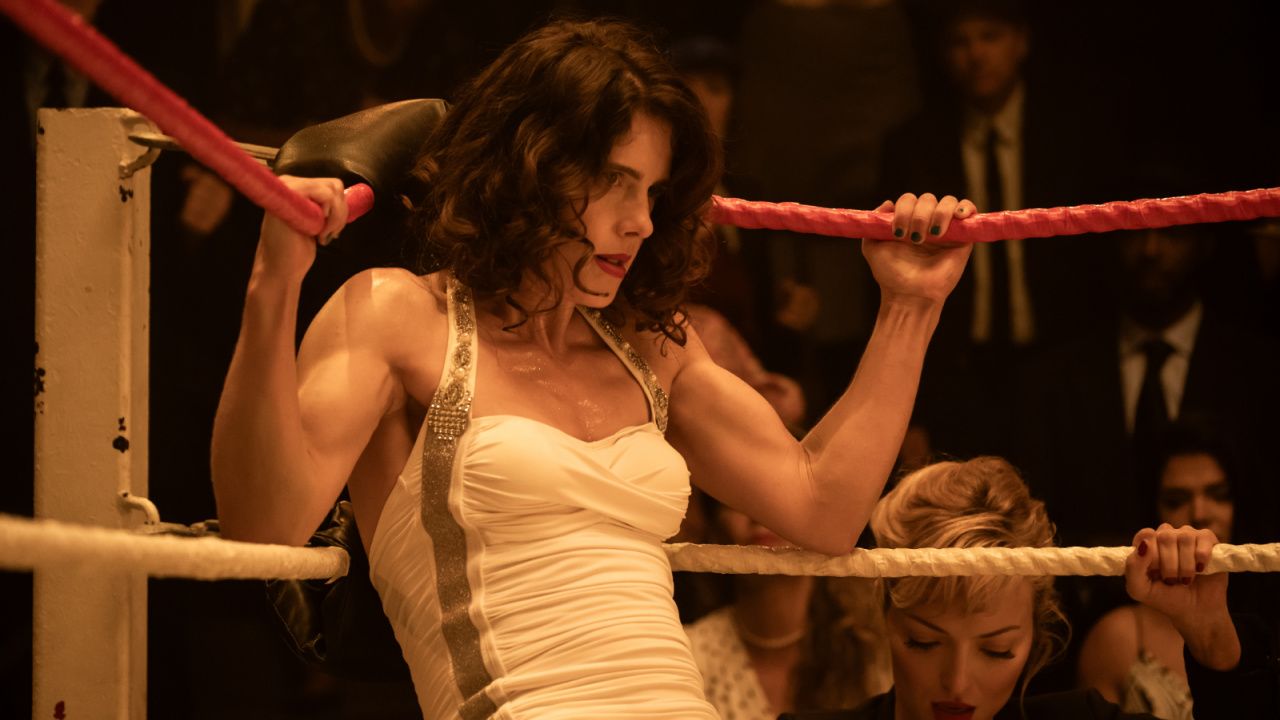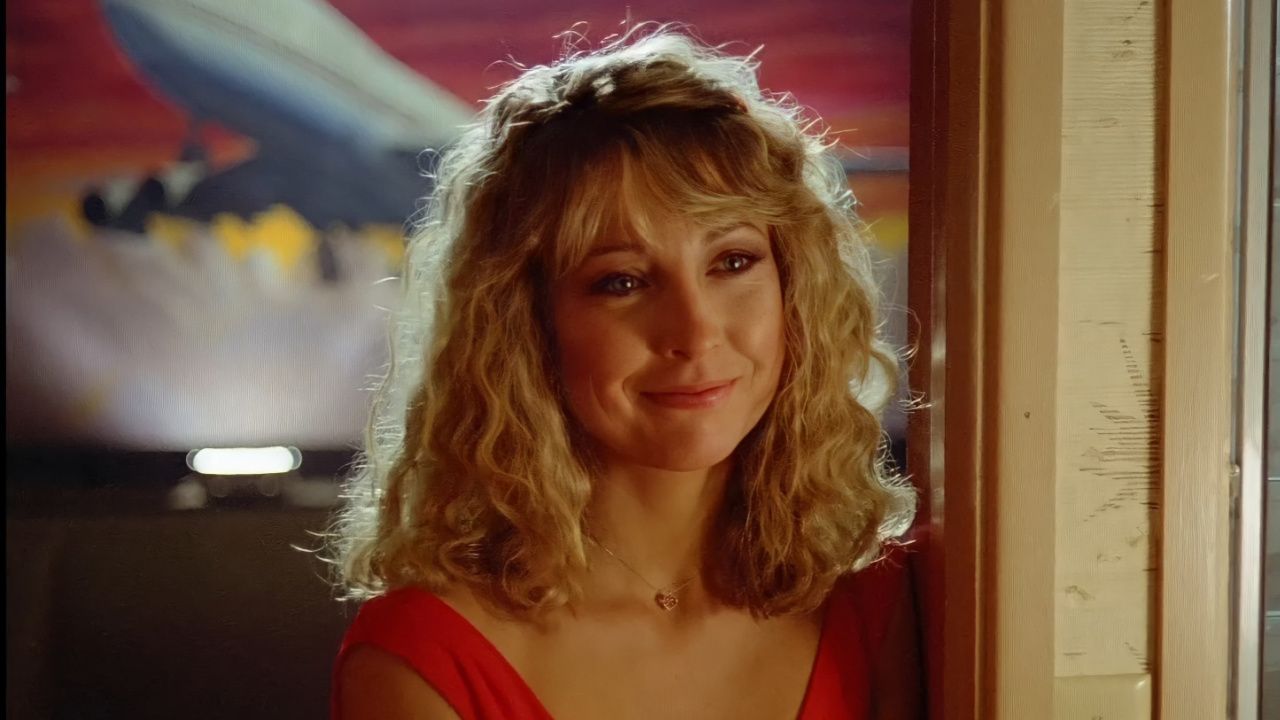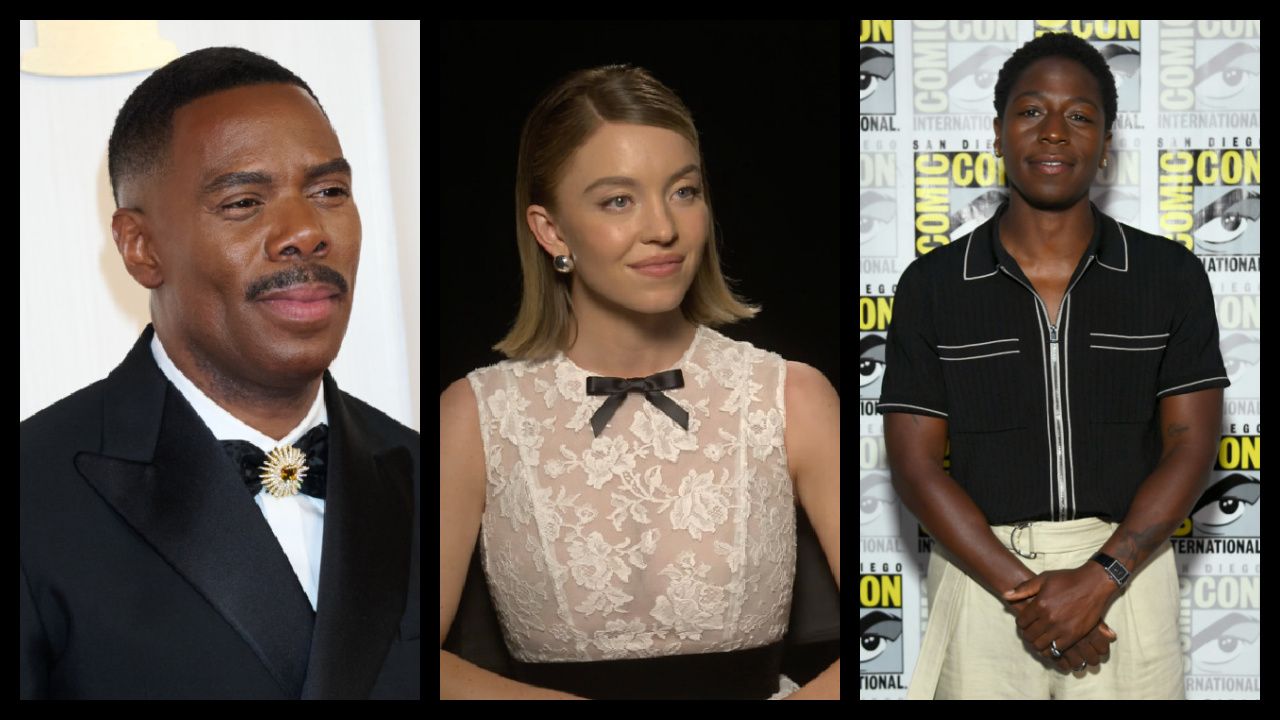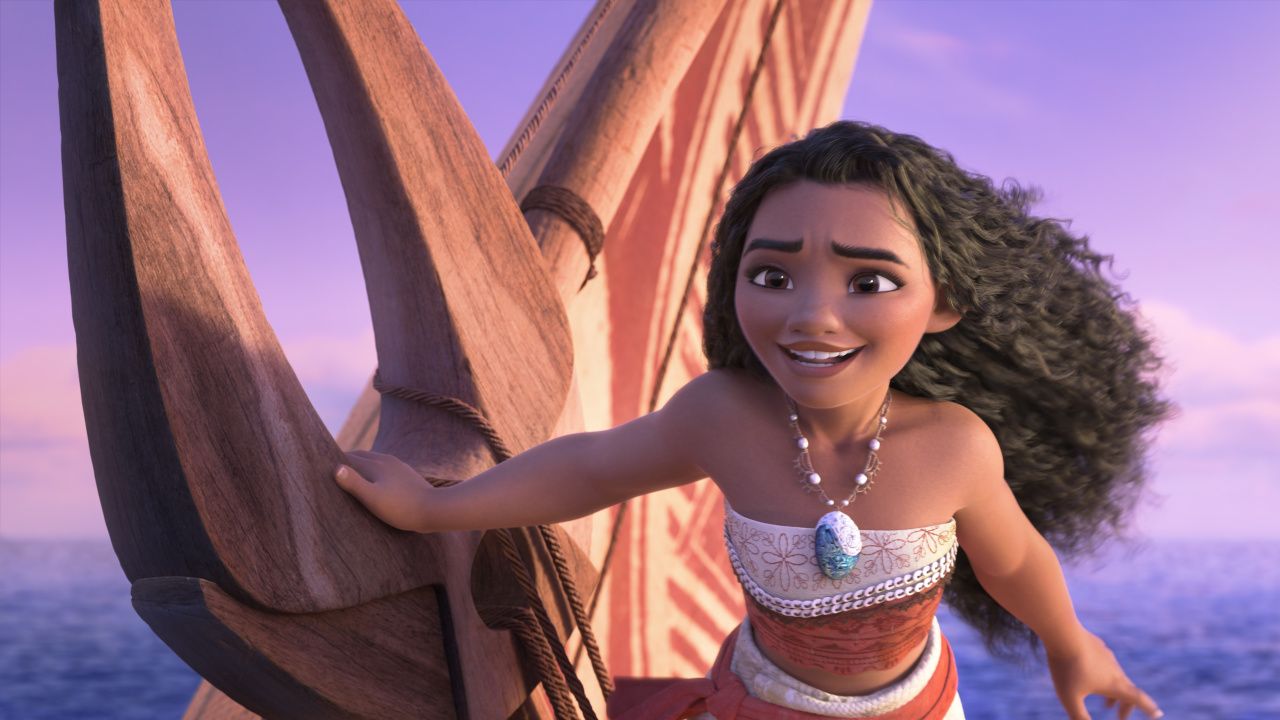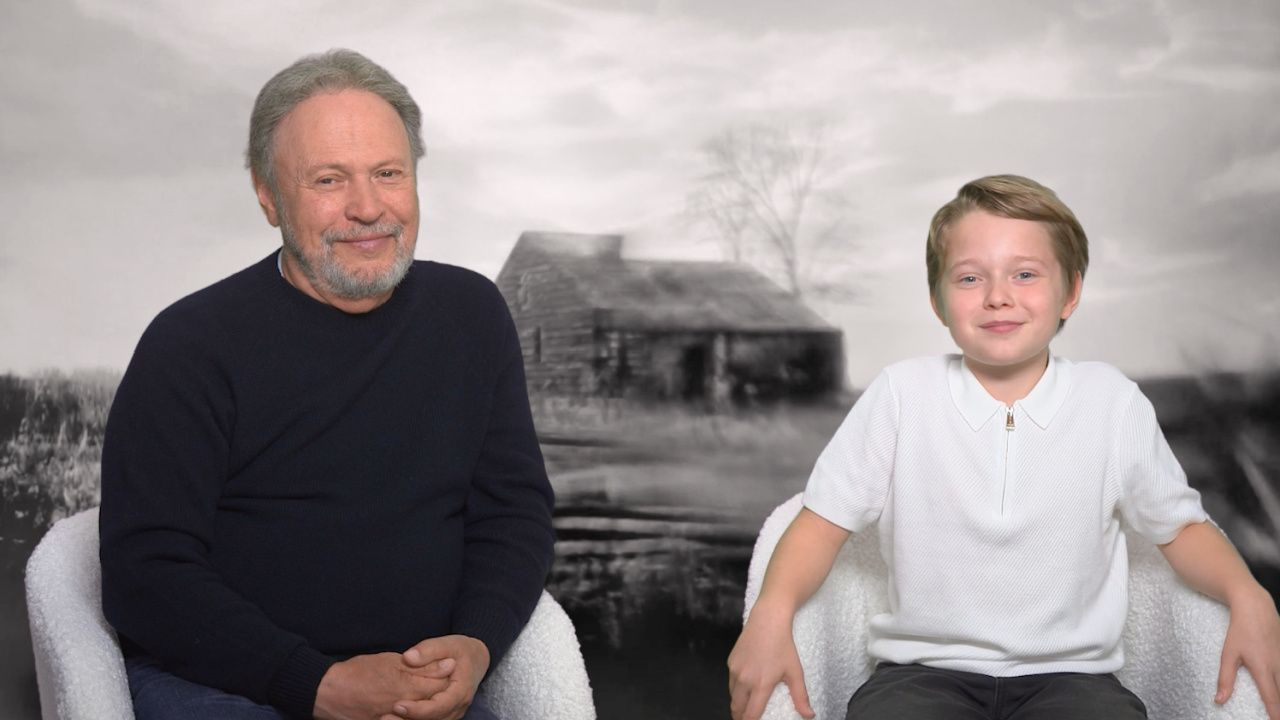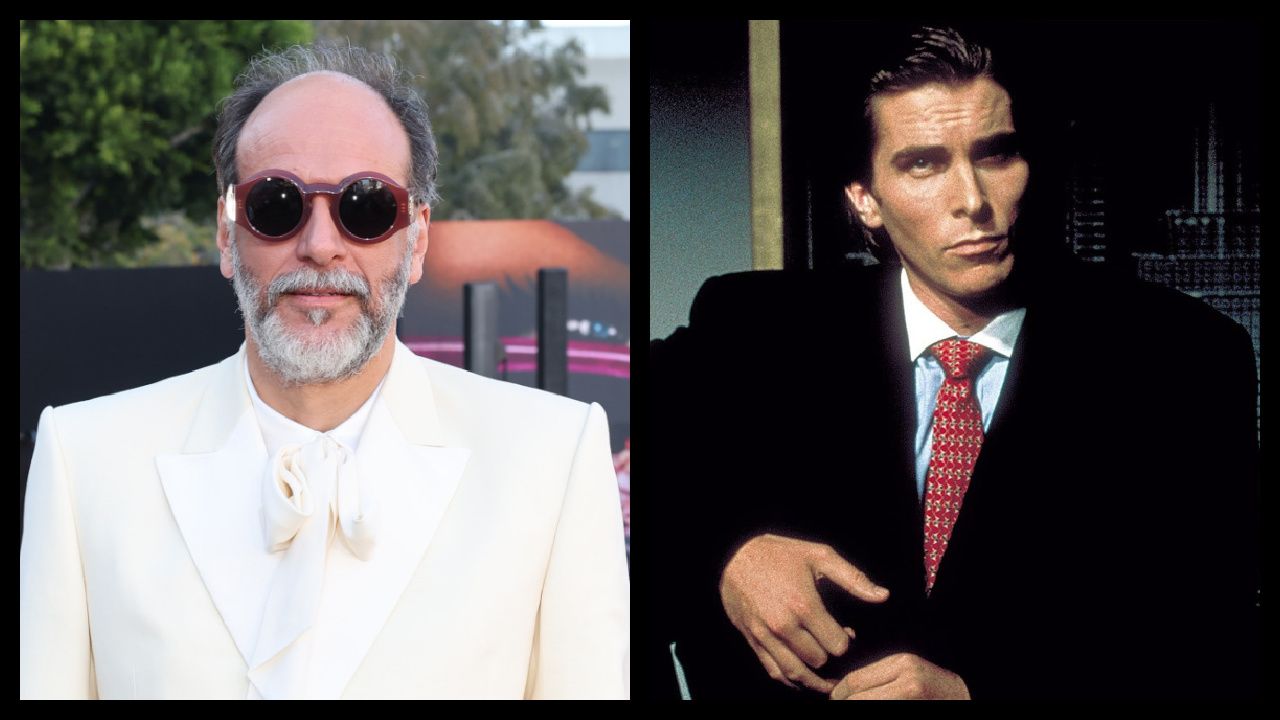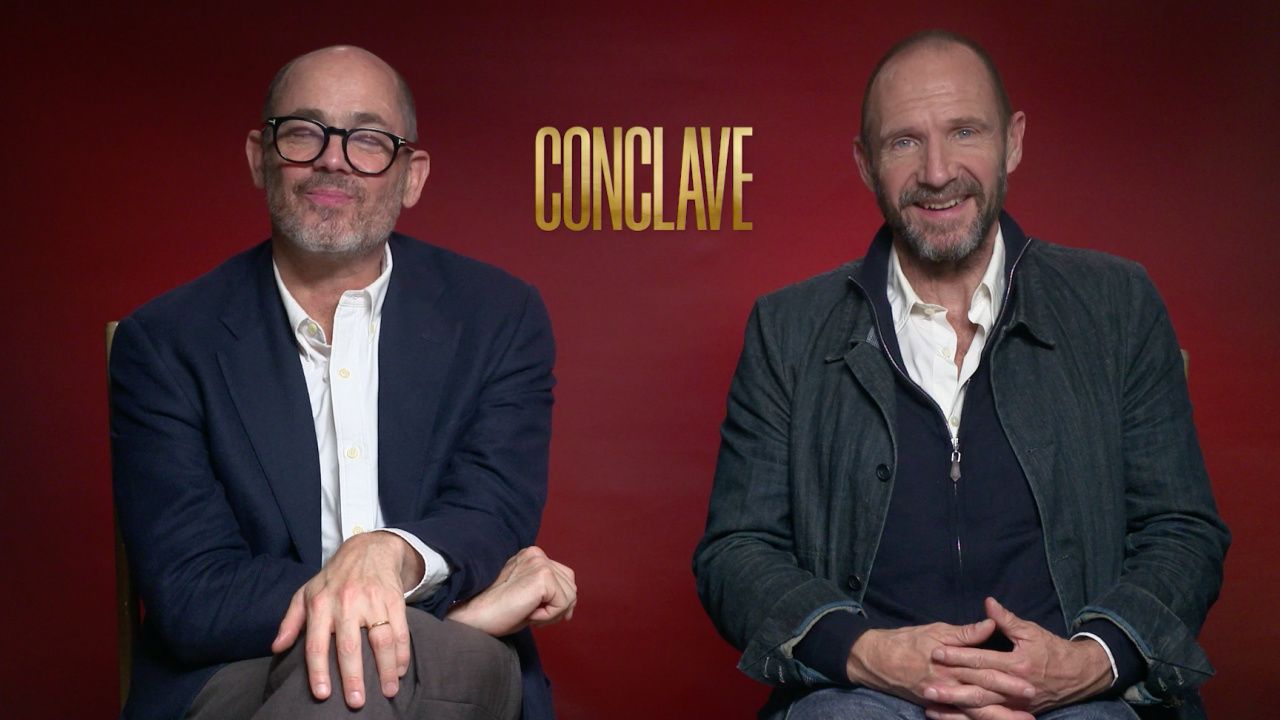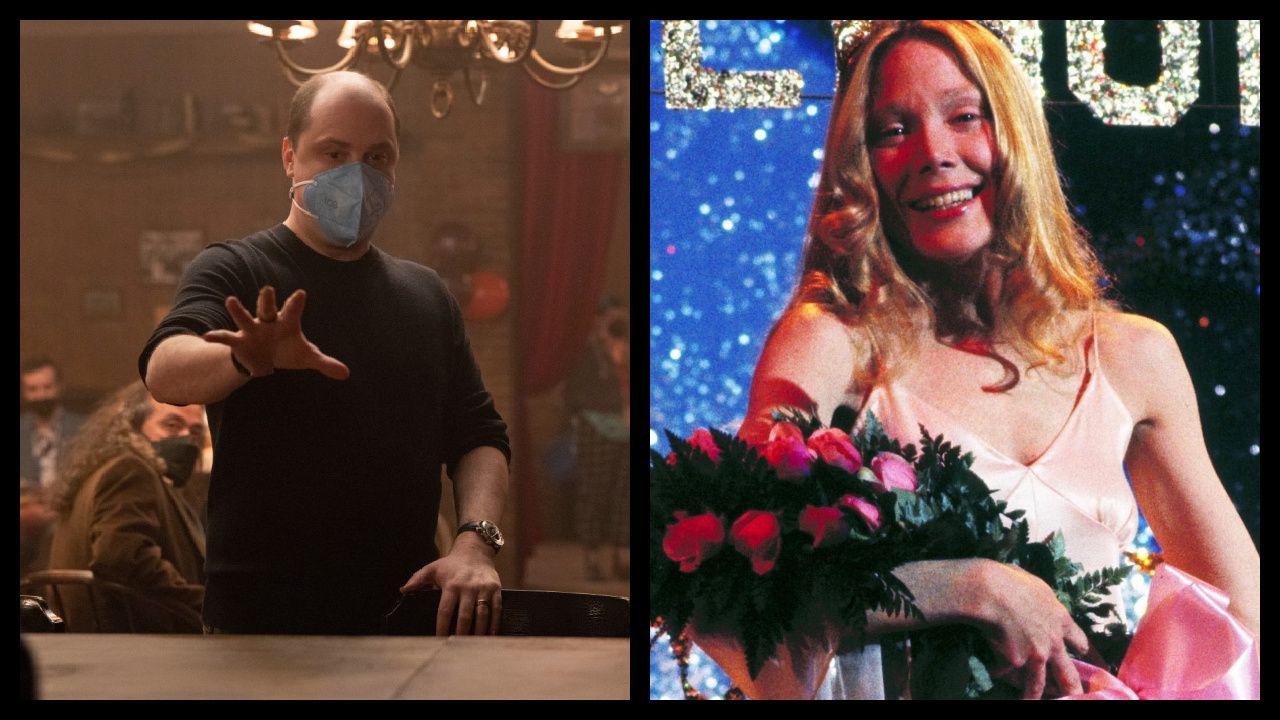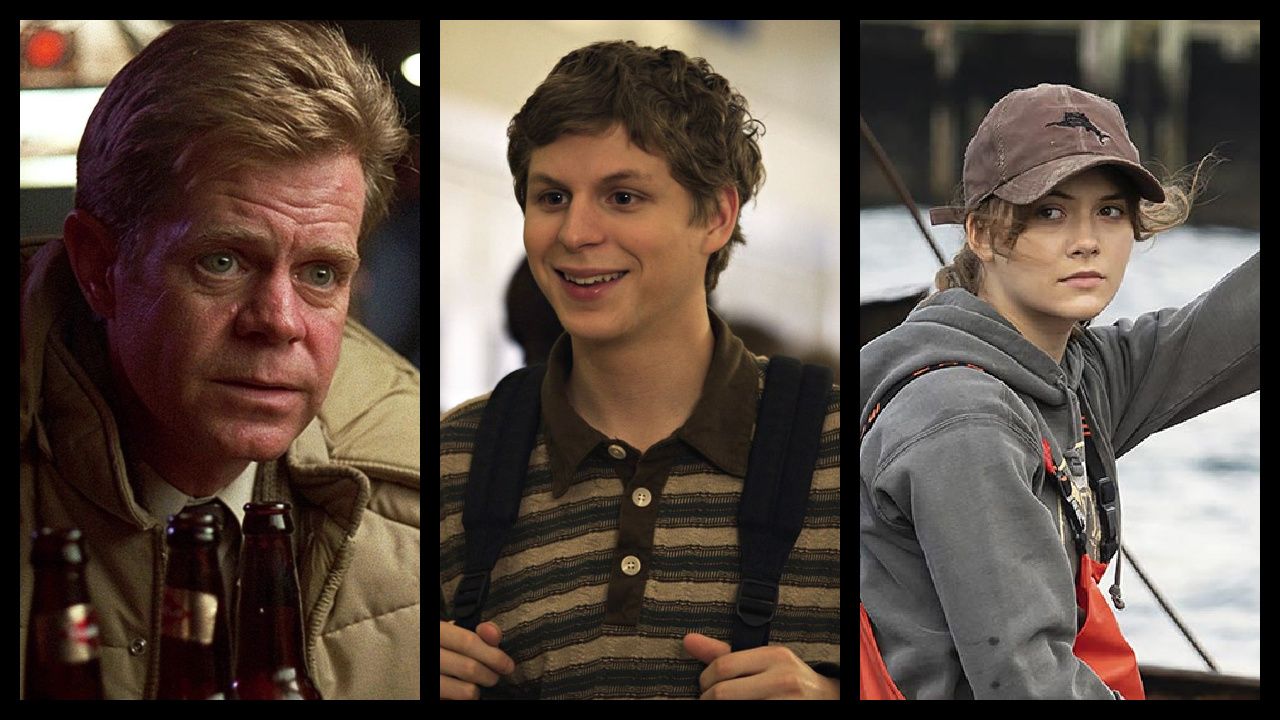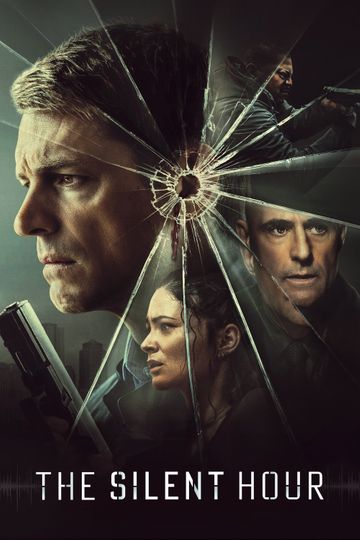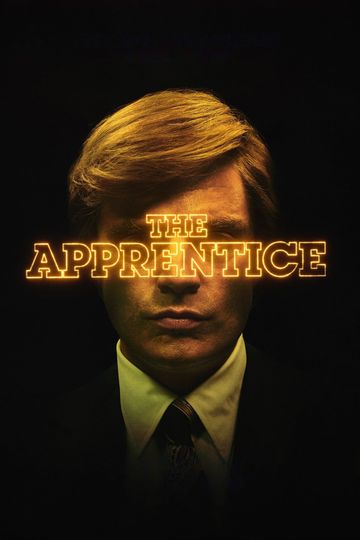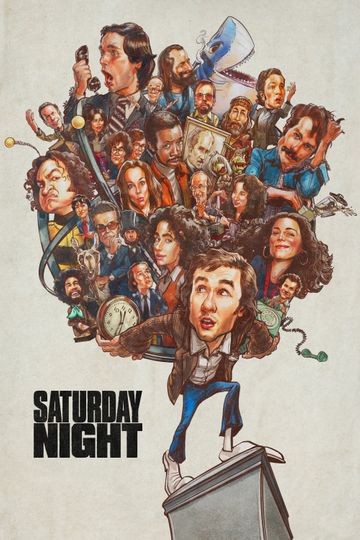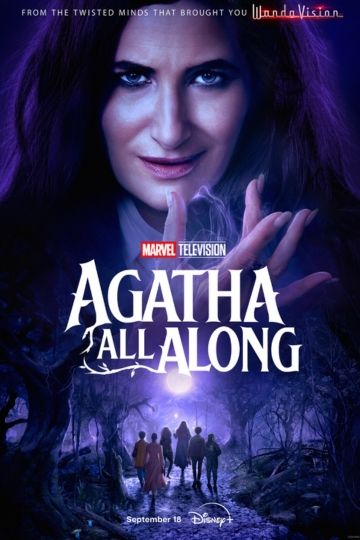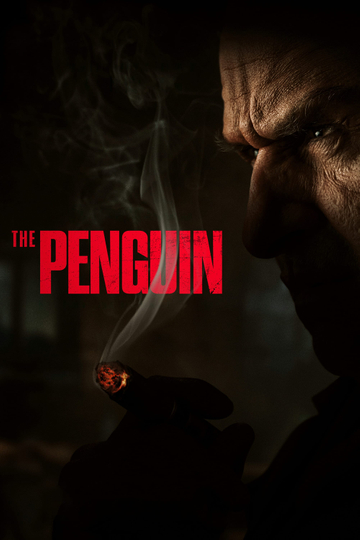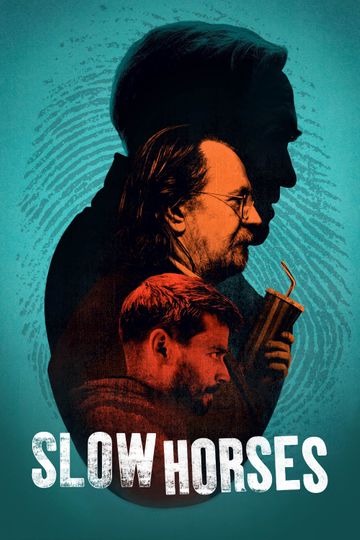The Meteoric Rise of the TV Anti-Heroine
The age of the TV anti-hero may be drawing to a close, but the TV anti-heroine is just getting started.
This week, as we welcome back Piper Chapman and her fellow prison inmates (with binge-viewers catching up with the third-season launch of Netflix's "Orange Is the New Black" last Friday), and as we're introduced to Ani Bezzerides -- Rachel McAdams new morally ambiguous cop on Season 2 of HBO's "True Detective," debuting this Sunday -- TV viewers are becoming fully invested in dramas whose female leads are every bit as complicated, fascinating, charismatic, dangerous, and messily human as the Don Drapers and Tony Sopranos of the recent past.
The end of "Mad Men" last month seemed to mark the end of an era, and not just the 1960s as
experienced by the ad gurus at Sterling Cooper. With the departures from our screens in recent years of Don Draper, Jax Teller ("Sons of Anarchy"), Raylan Givens ("Justified"), Rust Cohle (of the first season of "True Detective") and Walter White ("Breaking Bad"), it seemed that TV programmers were closing the book on a certain kind of anti-hero, the kind who'd reigned supreme since "The Sopranos" kicked off the current so-called golden age of TV in 1999.
The creative freedom offered by cable had finally matured into quality dramas as good as anything any other pop culture medium had produced. And all those early quality dramas -- including "The Shield," "Deadwood," "The Wire," and "Dexter" -- seemed built around similar anti-heroes: macho guys who lived by their own code, who often did terrible things, but who were also heroic, if only because they lived in moral universes where everyone else was so much worse. They were men who were capable of great tenderness one moment and brutal violence the next. Critics could read into their complexity any number of things -- critiques of American masculinity, allegories of American financial and military power, muckraking exposés of corruption in American institutions.
But the most radical thing about these new anti-heroes, in TV terms, was that they didn't waste time trying to be likable. They weren't unambiguously good, and their good deeds didn't necessarily redeem all the wrong they had done. They were often not handsome or sexy. They might be charismatic or even admirable at times, but viewers were never allowed to forget that they were being persuaded to care about men who often behaved monstrously.
And for a long time, these anti-heroes were always men. Women protagonists didn't have the luxury of being unlikable, unsexy, or unredeemable.
That began to change about a decade ago with a wave of anti-heroine series, many of them on Showtime. Long before Walter White went from suburban parent to drug kingpin, Nancy Botwin pioneered that career path on "Weeds." Showtime was soon full of similar anti-heroines, mothers and wives who were both competent and reckless, women who were often brazenly sexual and refused to apologize for being so, women who lived by their own rules, even if such behavior occasionally caused harm to themselves or people close to them, striving matriarchs who tried to build a better life for their husbands or children but who also jeopardized that better life with the chaos and drama they created through their own headstrong behavior. Women like Jackie Peyton on "Nurse Jackie," Cathy Jamison on "The Big C," Vanessa Ives on "Penny Dreadful," Alison Bailey on "The Affair," Virginia Johnson on "Masters of Sex," and Carrie Mathison on "Homeland."
In the last few years, the anti-heroine has spread beyond Showtime to the rest of cable and even to the networks. HBO has comic anti-heroines: Selina Meyer on "Veep" and all four leads on "Girls." (Not to mention a raft of anti-heroines on "Game of Thrones," including Arya Stark, Brienne of Tarth, Margaery Tyrell, and Daenerys Targaryen.) FX has Elizabeth Jennings on "The Americans" and every character Jessica Lange has played on "American Horror Story." (It also had Patty Hewes on "Damages.") Tatiana Maslany plays several anti-heroines on BBC America's "Orphan Black." Fox has one of this year's biggest breakout characters in Cookie Lyon of "Empire." And ABC has the other with Annalise Keating on "How to Get Away With Murder" -- joining a network roster that already included Olivia Pope on "Scandal," Juliette Barnes on "Nashville," and Emily Thorne on the recently-wrapped "Revenge." And of course, there's Netflix, with Piper and the rest of the "OITNB" convicts, along with Claire Underwood on "House of Cards" and both title characters in "Grace and Frankie."
Why so many anti-heroines? Part of it seems a natural corrective to the testosterone-heavy anti-hero dramas. Part of it is the increase in women TV series auteurs, from Shonda Rhimes ("Scandal," "HTGAWM") to Lena Dunham ("Girls") to Jenji Kohan ("Weeds," "OITNB"). Part of it is that TV has always been friendly to women (at least, more so than film), to the extent that sponsors recognize who controls the household purse strings and are willing to support programming that appeals to women by showing strong female characters. Part of it is the caliber of actresses eager to do TV work, especially now that TV is as prestigious as movies and offers meatier roles for women (especially older women) than film does.
Still, anti-heroines -- and the actresses who play them -- face some obstacles that their male counterparts don't. TV still prefers women to be likable and have certain body types. It expects them to be sexy and sexual -- but not too sexual. It's okay with flamboyant, larger-than-life behavior and dialogue (which make for compelling drama, after all), but it would prefer to have women apologize for, or at least justify such behavior if it harms others. It expects anti-heroines to feel the occasional twinge of guilt for putting career ahead of family, sex ahead of love, themselves ahead of others. There's a fascinating discussion over at the Hollywood Reporter among several anti-heroine actresses (and likely Emmy contenders), including Viola Davis ("HTGAWM"), Taraji P. Henson ("Empire"), Jessica Lange ("American Horror Story"), Lizzy Caplan ("Masters of Sex"), and Ruth Wilson ("The Affair"), where the stars talk about how far TV has come in permitting characters like theirs to flourish, and how treacherous the minefields are that they still have to navigate.
Audiences, programmers, and sponsors who are used to female characters who are likable or sexy or both are only now learning to accept shows featuring anti-heroines who may be neither of those. It will be interesting to see how viewers respond to McAdams' "True Detective" sleuth. But even if they reject her, there'll be more anti-heroines on the way. Maybe we'll get sick of them, or they'll run their course, just as the male anti-heroes have. Right now, however, TV anti-heroines are in full flower. Love them, hate them, love to hate them, but enjoy them while they're here.












